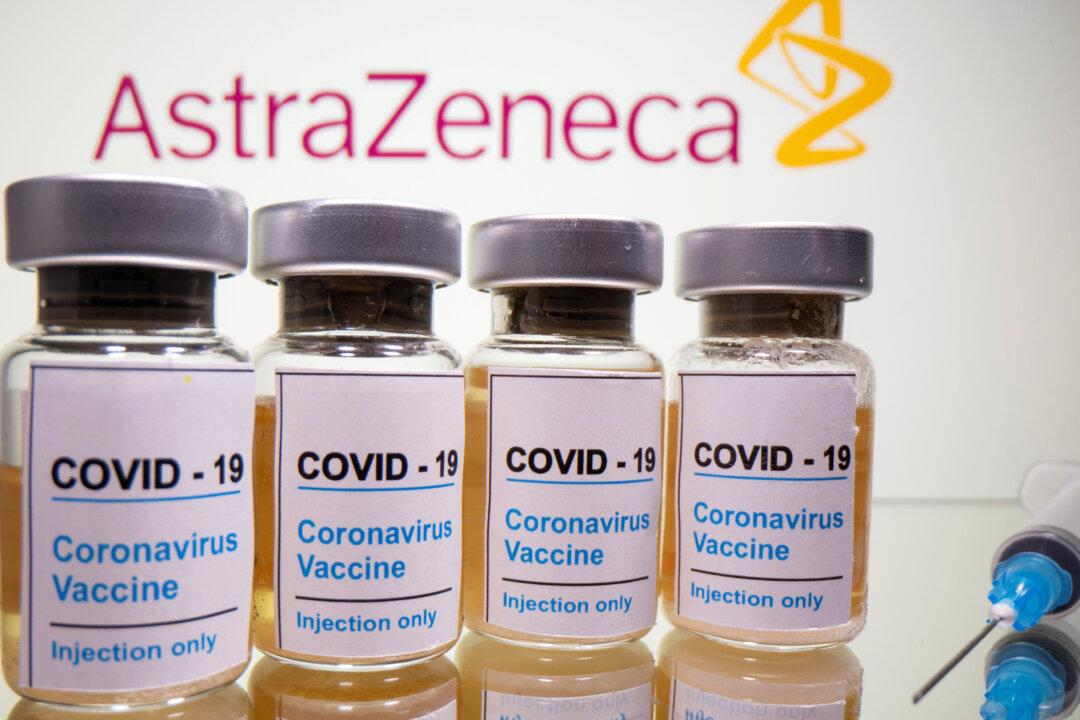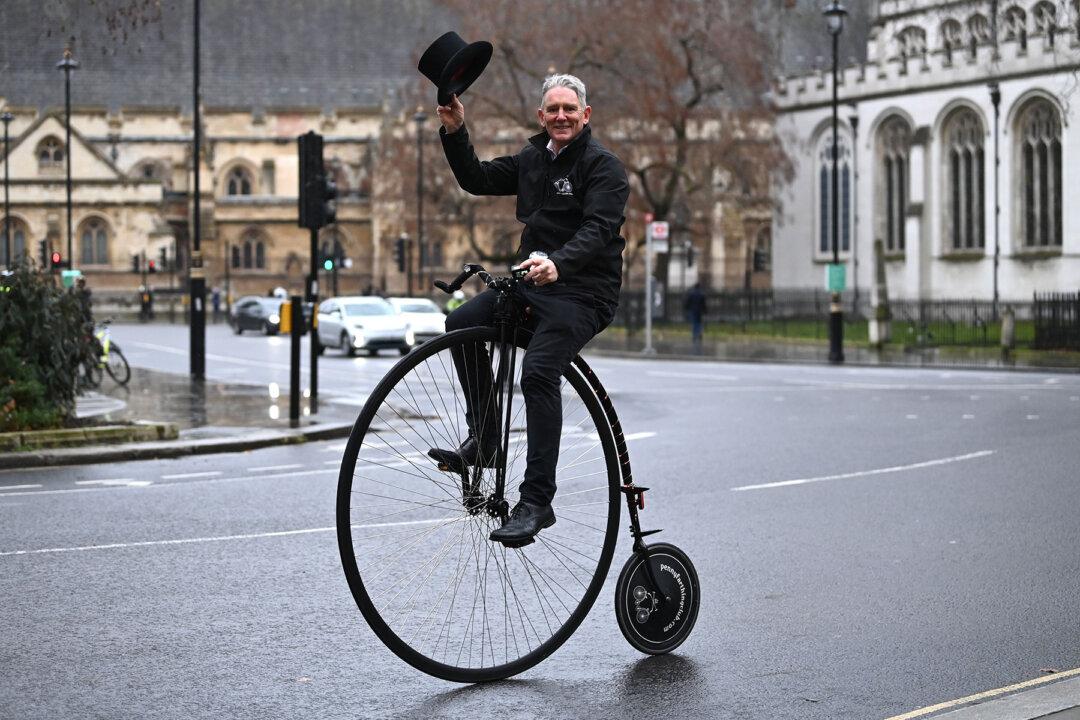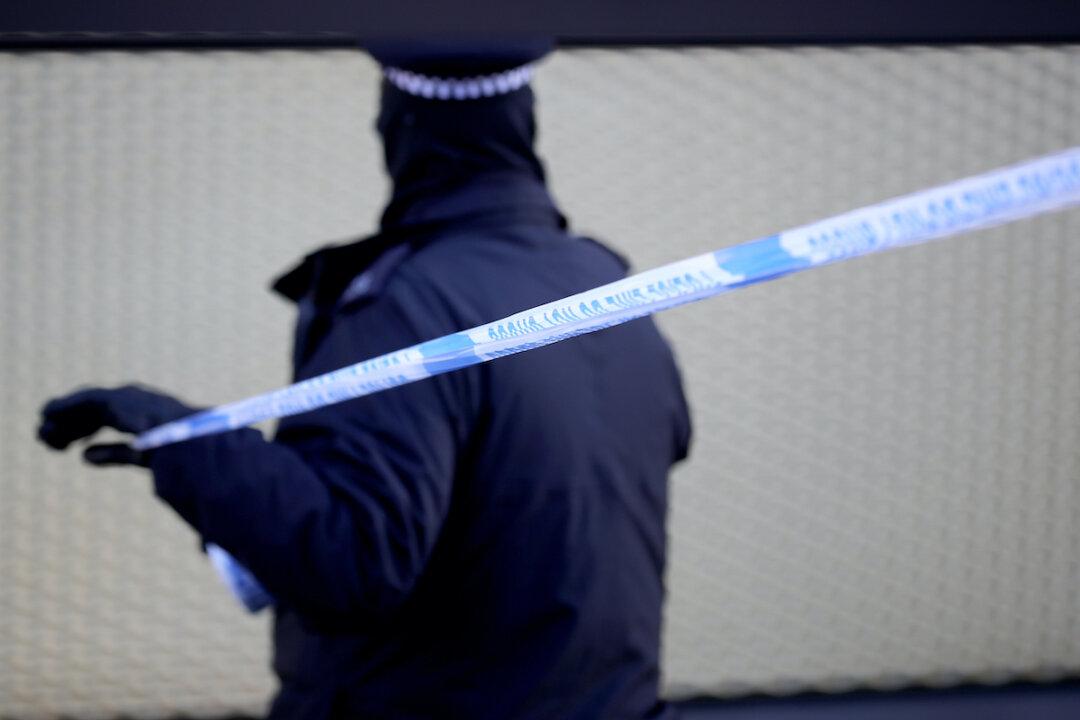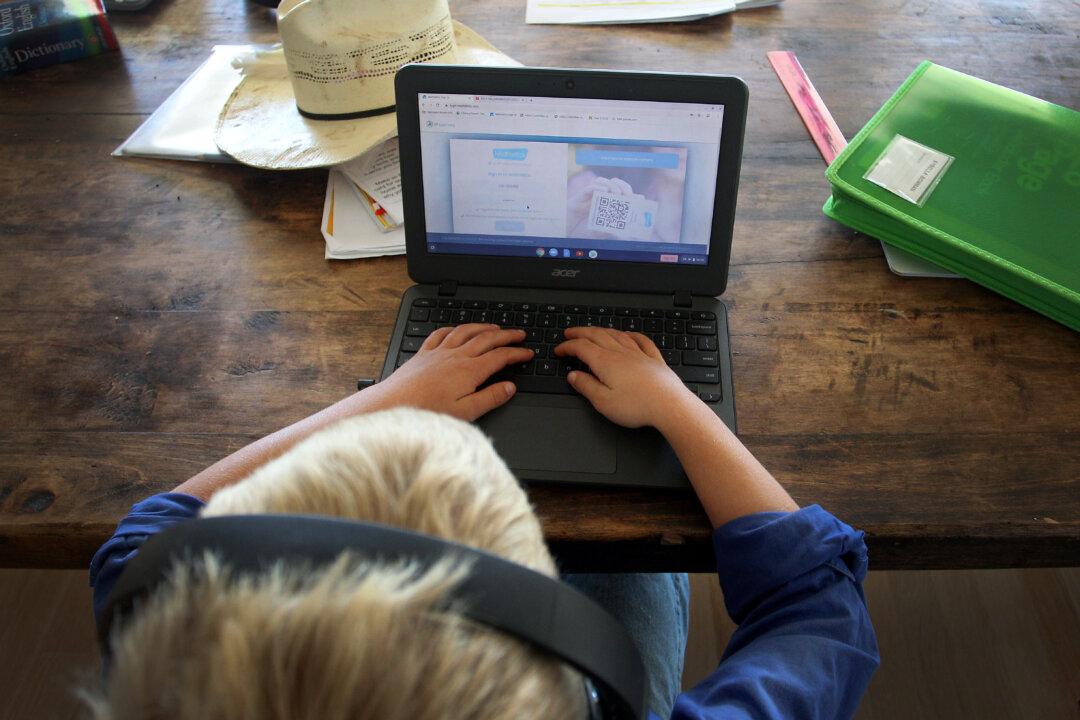Trials of the Oxford-AstraZeneca CCP virus vaccine showed it had an efficacy rate of between 62 percent and 90 percent depending on dosage combinations, researchers announced on Monday.
The vaccine was 62 percent effective at preventing CCP (Chinese Communist Party) virus infections when patients were given two full doses one month apart, but up to 90 percent effective when given a half dose followed by a full dose one month later, AstraZeneca said in a statement.




